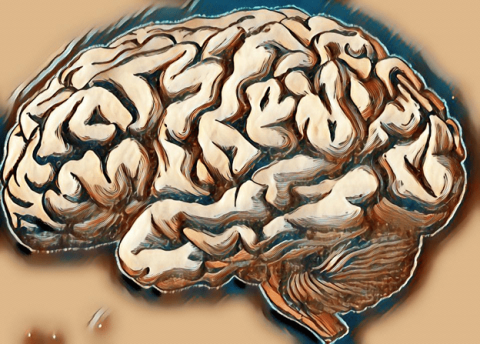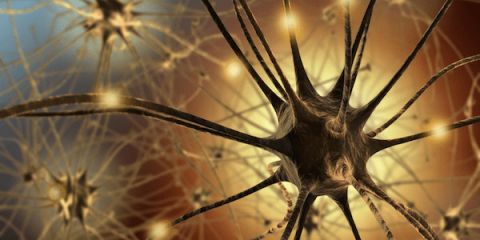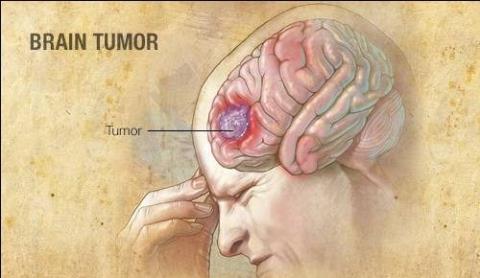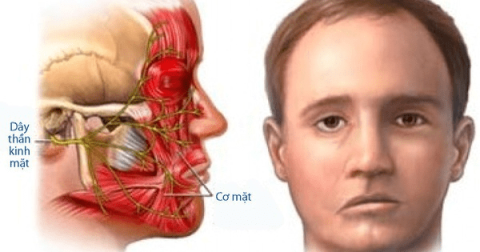Concussion: Causes, diagnosis and treatment

Concussions can occur at any age, and are usually caused by a fall. So is concussion dangerous? Post by Master, Doctor Vu Thanh Do
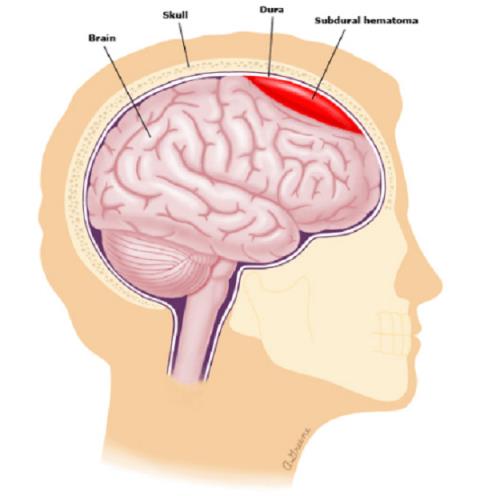
Subdural hematoma is a common bleeding condition in the subdural space in traumatic brain injury caused by traffic accidents. Hematomas can cause pressure on the brain and threaten the patient's life if not diagnosed and treated promptly.
content
1. What is a subdural hematoma?
This hardening is bleeding at the surface of the brain, located in the subdural space. The bleeding occurs under the membrane that surrounds the brain, called the dura. Although the bleeding is not usually from the brain, if the hematoma is large, it can press on the brain. This compression leads to symptoms.
Traumatic brain injury is the cause of most cases of subdural hematoma. The most common causes of trauma are:
>> Head trauma is a fairly common condition in life. Learn more: Conventional medicine: Head trauma.
Subdural hematomas are classified into two main groups:
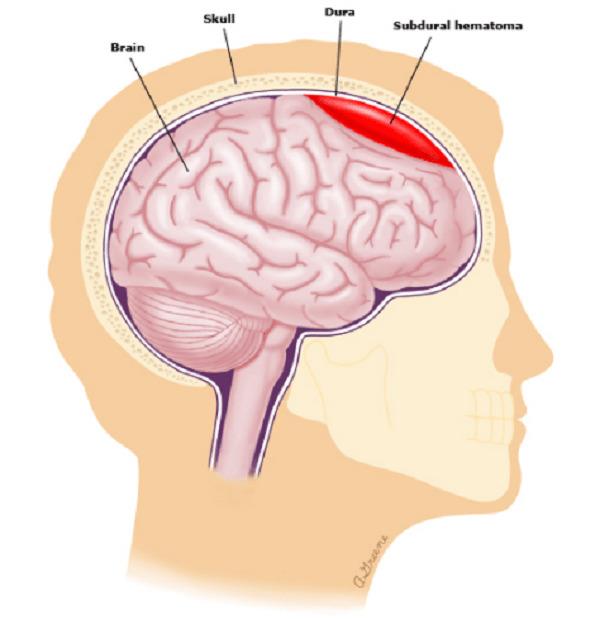
Subdural hematoma: subdural hematoma
2. Symptoms
Some patients are unconscious after severe head trauma and have acute subdural hematoma.
Then symptoms may appear such as:
3. Diagnosis
A subdural hematoma is detected through brain imaging such as computed tomography (CT) scans and sometimes magnetic resonance imaging (MRI). Through the images, we can see the presence and size of the hematoma.
4. Treatment of subdural hematoma
The treatment chosen depends on the size of the hematoma and the patient's symptoms. Sometimes, patients need surgery to remove the hematoma and decompress the brain. If the hematoma is small in size, your doctor may recommend conservative treatment and close monitoring. In the case of conservative treatment and follow-up, repeated CT scans or MRIs are necessary.
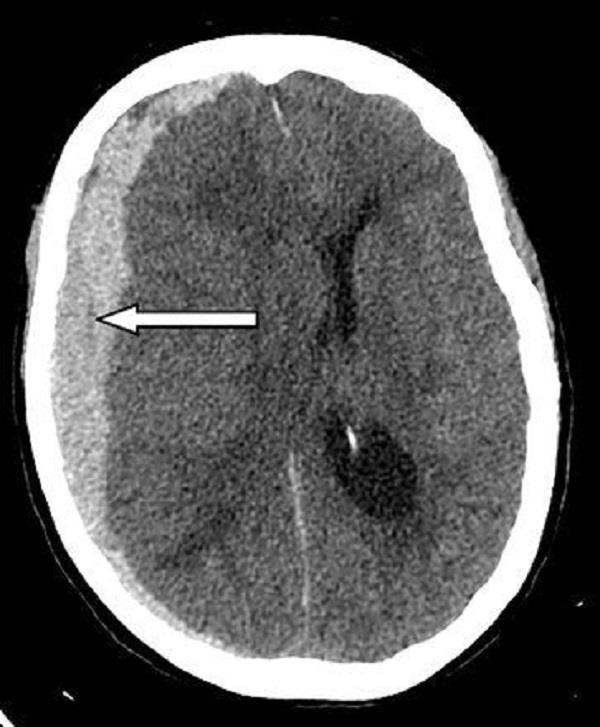
Image of CT scan film
If you are taking anticoagulants such as aspirin or warfarin, your doctor will ask you to stop taking them. Be sure to provide information about the medications you are currently taking and discuss when it is safe to resume these medications.
In the group of patients with a large subdural hematoma that compresses the brain and threatens life, it is necessary to undergo emergency decompression surgery. The surgeon has many technical methods to remove the hematoma such as:
Open the exit hole
A hole is drilled in the skull above the hematoma, through this hole the hematoma escapes to decompress the brain. Usually chosen in patients with chronic subdural hematoma.
Decompressive craniotomy with reposition of the skull cap
In this method, part of the skull is removed. This provides better access to the hematoma and better decompression of the brain. The removed bone was placed back after the hematoma and decompressed the brain at the end of surgery.
Open skull decompression:
In this method, a part of the skull is removed and is not immediately placed, but will be replaced by a "crane patch" surgery after the patient's condition allows. The removal of the skull cap helps to decompress well and prolong the brain, preventing cases of brain edema threatening to drop the brain. However, this method is not often used and depends on the surgeon's judgment depending on the case.
Doctor Ngo Minh Quan
Concussions can occur at any age, and are usually caused by a fall. So is concussion dangerous? Post by Master, Doctor Vu Thanh Do
Article by Doctor Ngo Minh Quan about subdural hematoma. This is a common bleeding condition in the subdural space in traumatic brain injury
Leukodystrophy is a rare genetic disorder. Let's learn more about this disease in the following article!
The article was consulted by medical doctor Dao Thi Thu Huong about absence epilepsy, a disease more common in children than in adults.
Primary lateral sclerosis can affect motor neurons. Causes, symptoms and treatment of the disease will be shared in the article right below.
Shingles is an infection caused by the Varicella virus. Affects skin and nerves with blistering and burning sensation
Doctor Vu Thanh Do's article on Multisystem atrophy - governs blood pressure, breathing, bladder function and muscle control.
Also learn about brain cancer through the article of Dr. Le Hoang Ngoc Tram to understand the symptoms, causes and treatment methods of this disease.
What is a hemifacial convulsion? What are the causes, symptoms and treatment of this disease? Let's find out right in the following article!
